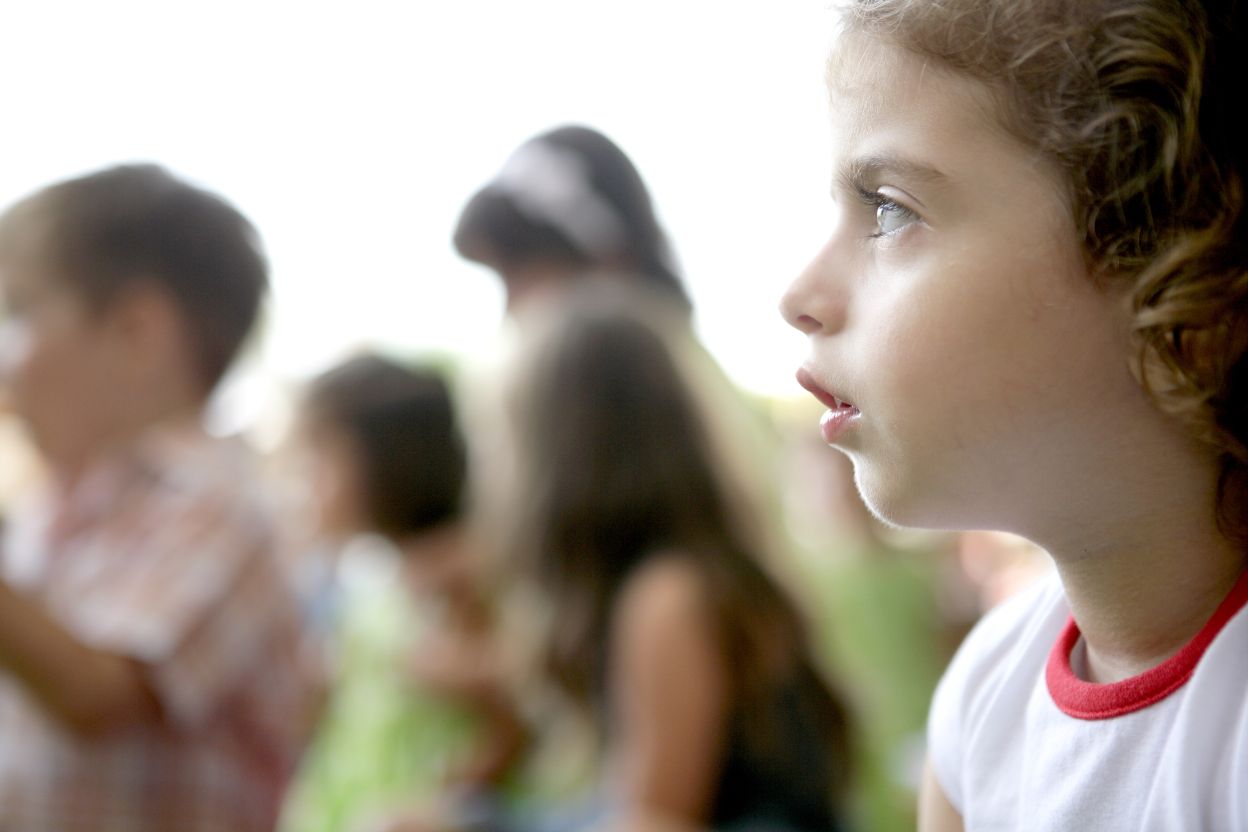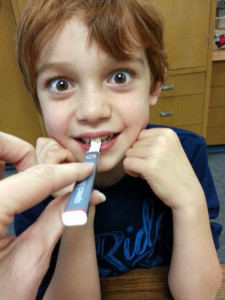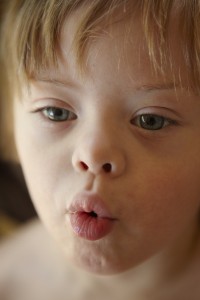
Gordy Rogers, M.S. CCC-SLP, Co-founder and Chief Scientific Officer of Speech Buddies.
This week’s post comes to us from our own Gordy Rogers, M.S. CCC-SLP, co-founder and Chief Scientific Officer of Speech Buddies, Inc., the makers of Speech Buddies Tools, as well as the owner of Brooklyn Speech Solutions, PLLC, a private practice in Brooklyn, New York.
Will my child outgrow his speech challenge? This question not only nags at all parents who are faced with addressing a child’s speech challenge, but is one that speech-language pathologists (SLPs) must seriously consider before beginning treatment. This post aims to shed some light on this often murky question and to arm parents with better information so that they may be more informed partners in the treatment decision-making process.







